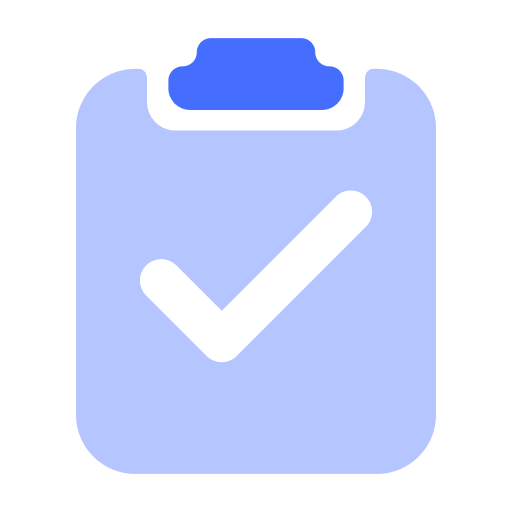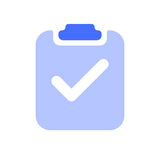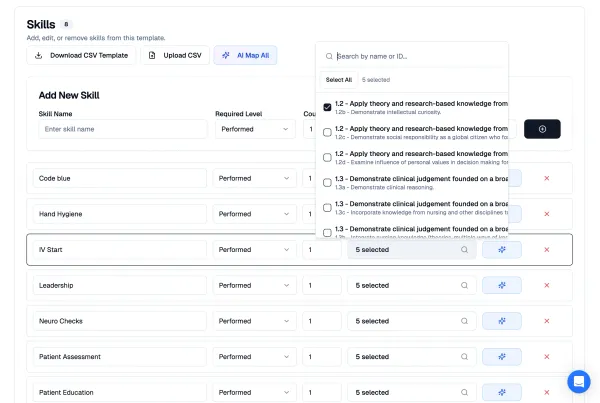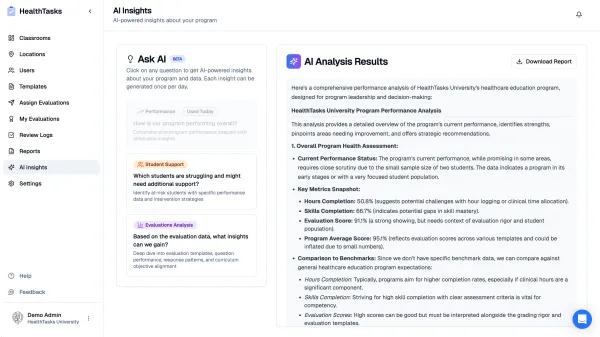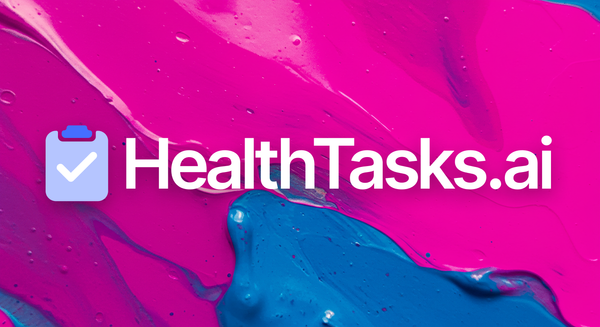The Role of Clinical Tracking Systems in Nursing Education
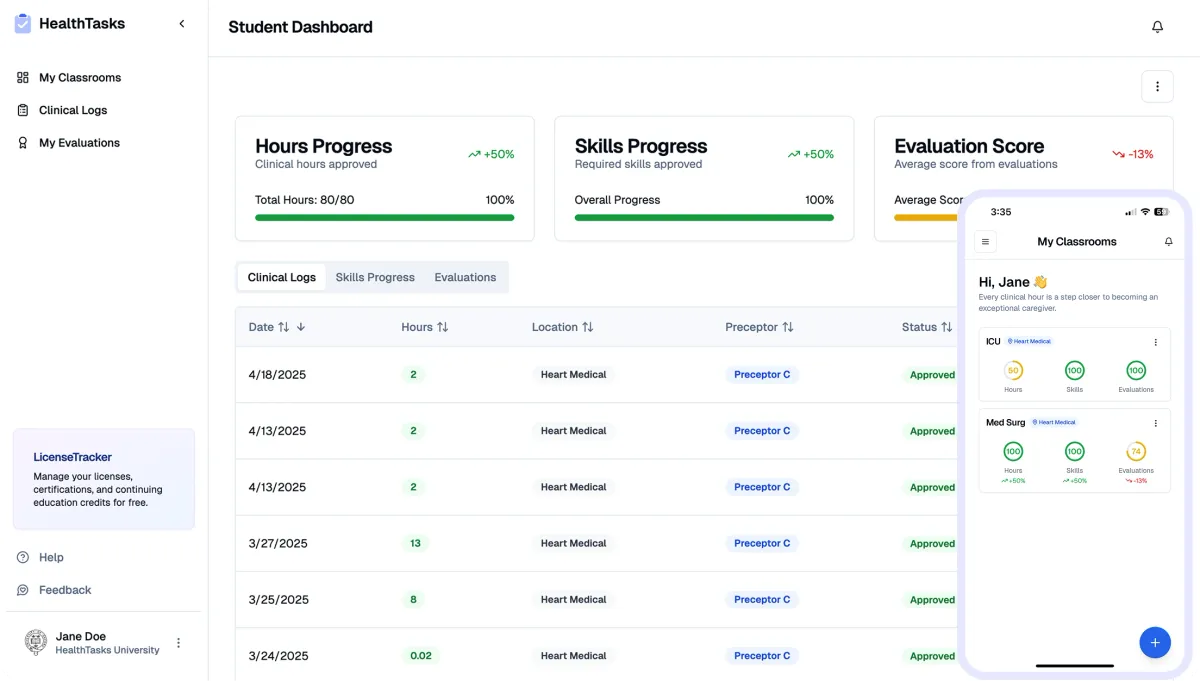
Clinical tracking systems have become indispensable tools in nursing education, revolutionizing how programs manage and assess clinical competencies. These systems provide real-time data collection, streamline reporting, and enhance the overall learning experience for nursing students.
Key Benefits of Clinical Tracking Systems
1. Enhanced Reporting and Analytics
Advanced reporting features provide comprehensive insights into student performance. Educators can access detailed analytics that highlight strengths and areas needing improvement, facilitating targeted interventions.
2. Improved Compliance and Accreditation
Maintaining compliance with accreditation standards is crucial for nursing programs. Clinical tracking systems offer robust documentation and reporting capabilities, helping programs meet and demonstrate these standards effectively.
3. Efficient Communication and Coordination
These systems streamline communication between students, educators, and clinical sites. Notifications, updates, and feedback can be easily managed, enhancing coordination and reducing administrative burdens.
Choosing the Right System: HealthTasks
When selecting a clinical tracking system, consider features such as ease of use, customization options, and support services. A system that integrates well with existing educational frameworks and offers scalability will provide long-term benefits.
Customizable Reports
HealthTasks provides detailed analytics and documentation necessary for demonstrating clinical competency achievement. Educators can quickly identify areas needing remediation and track both individual and cohort performance.

Automated Progress Tracking
HealthTasks automatically tracks progress and real-time completion statuses according to your settings, reducing faculty burden.
- Clinical hours
- Skills and competencies
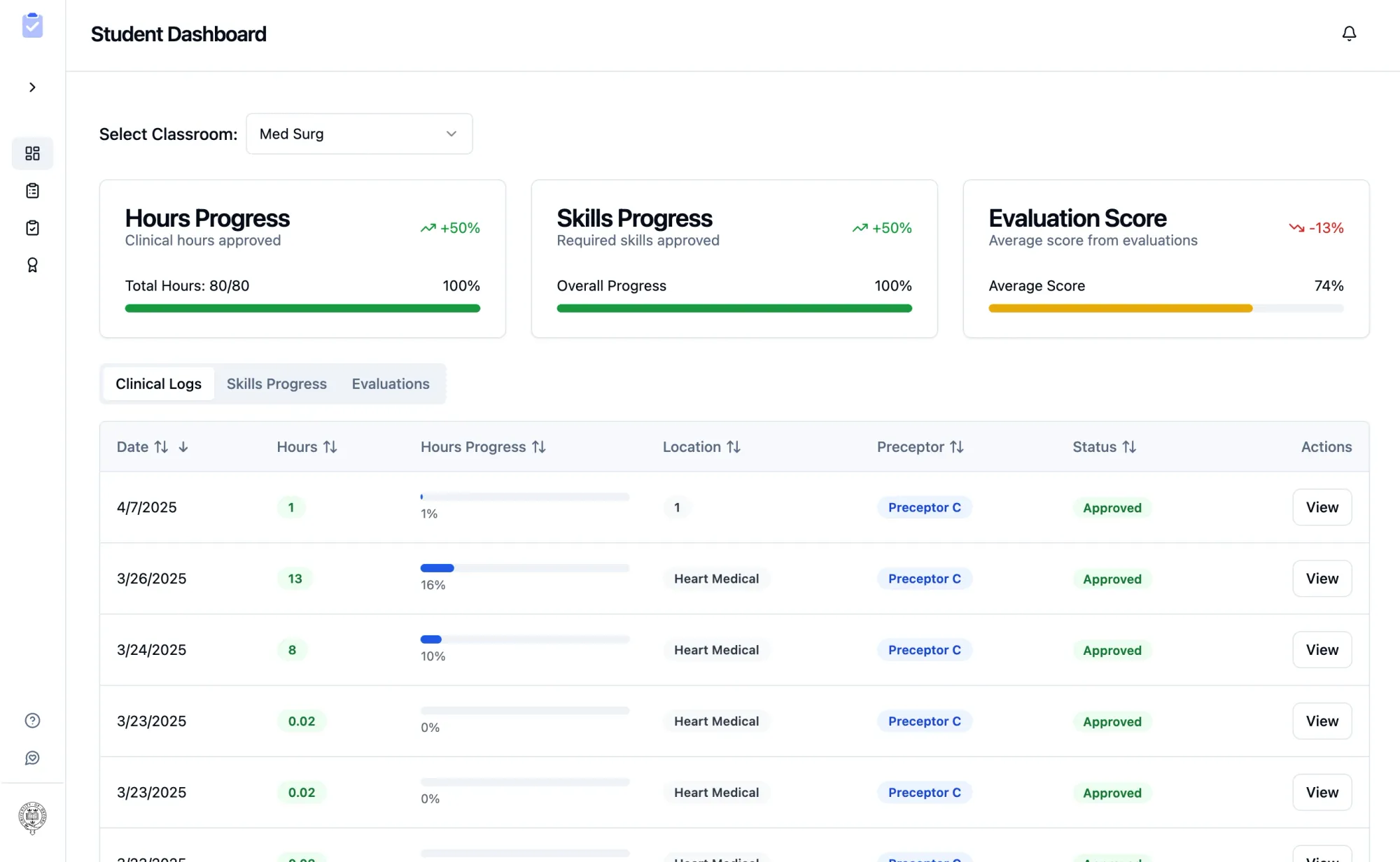
Curriculum Mapping
Set the standard for your clinical rotations with customizable skills and competency templates, serving as tailored rubrics for each course. Students will log their skills aligned with your objectives, streamlining progress tracking and evaluations.
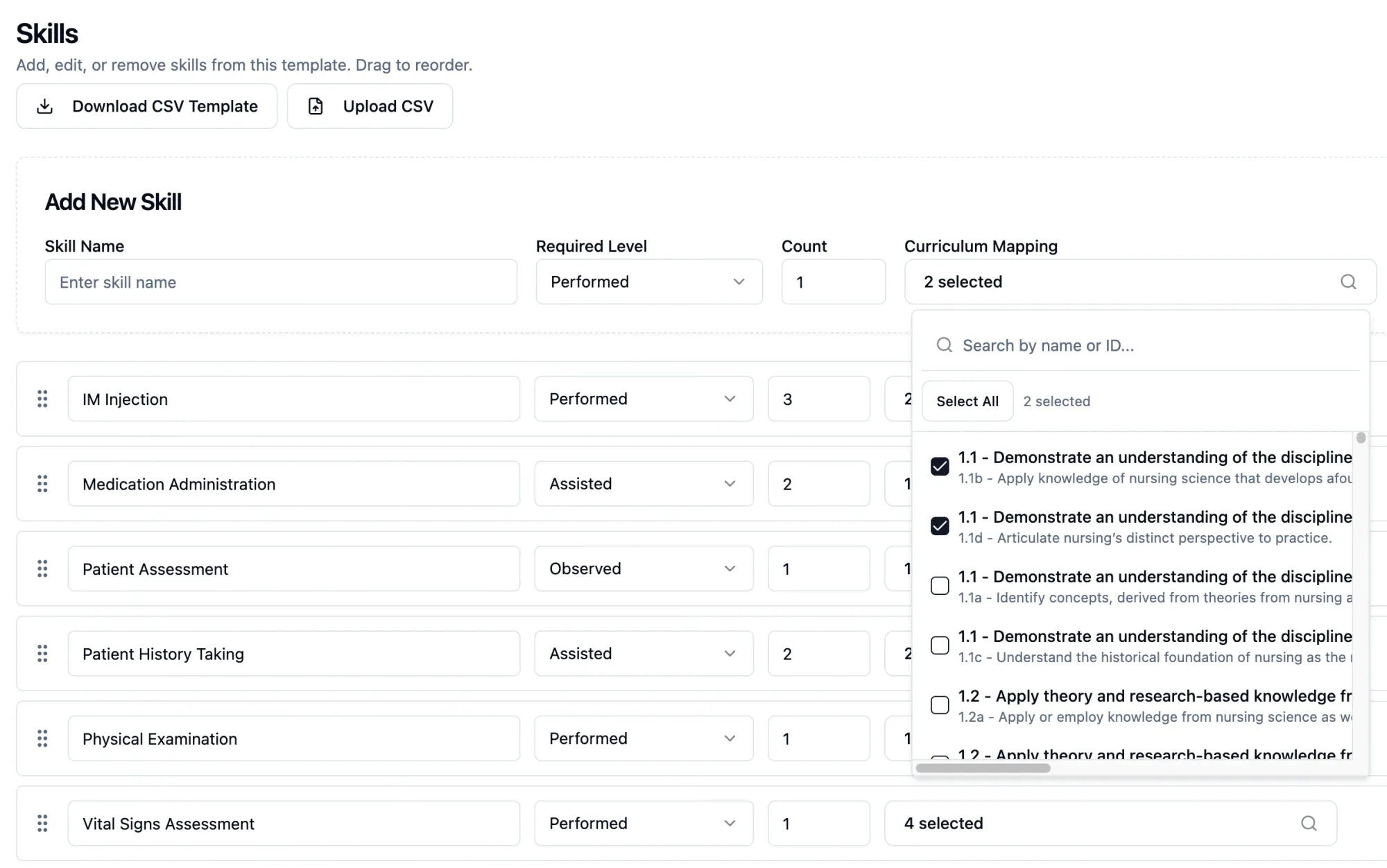
Customizable Evaluations
Assess students, instructors, and clinical sites with customizable evaluation forms tailored to your program's specific requirements.
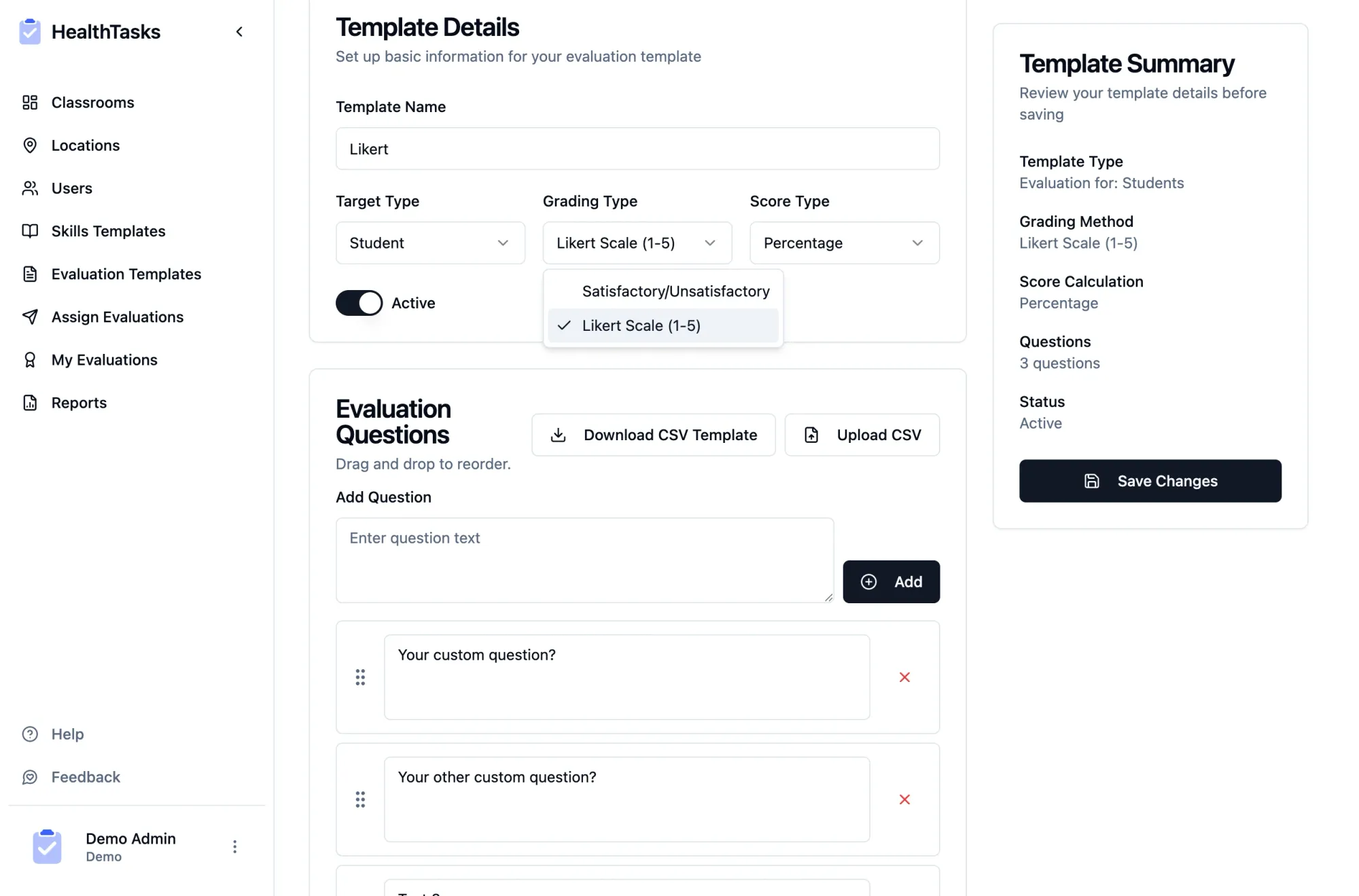
Cohort Benchmarks
Instructors can objectively assess student performance against their peers by utilizing cohort benchmarks such as hours, skills, and productivity.
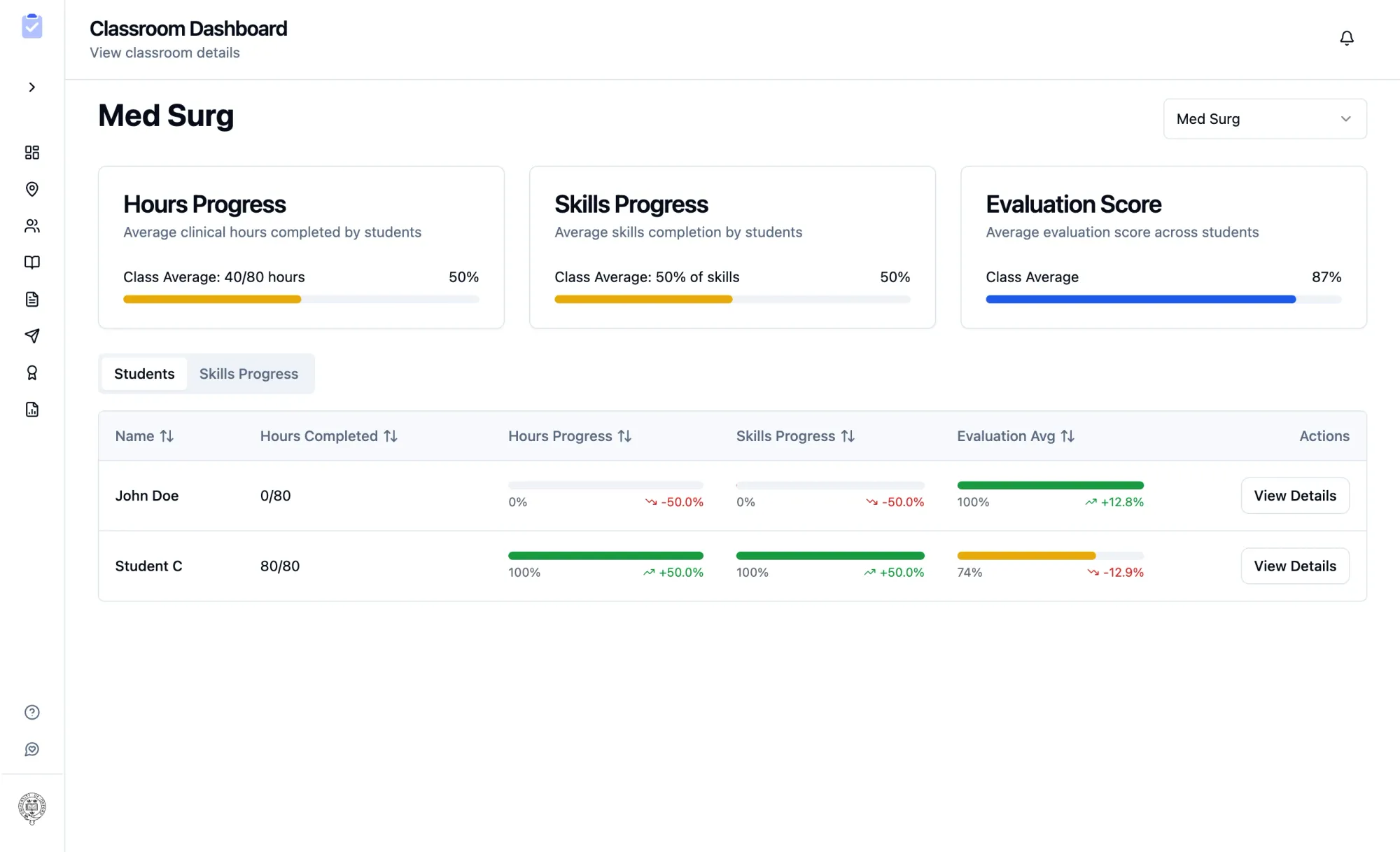
Mobile Accessibility
HealthTasks supports mobile access, making it easy for students and educators to update and review information on the go.

AI for Students
Our AI helper analyzes students' clinical summaries and log data to teach students how to structure well formatted SOAP notes, accelerating learning of professional standards and documentation skills. AI provides individualized support, feedback, and guidance to every student in real-time.
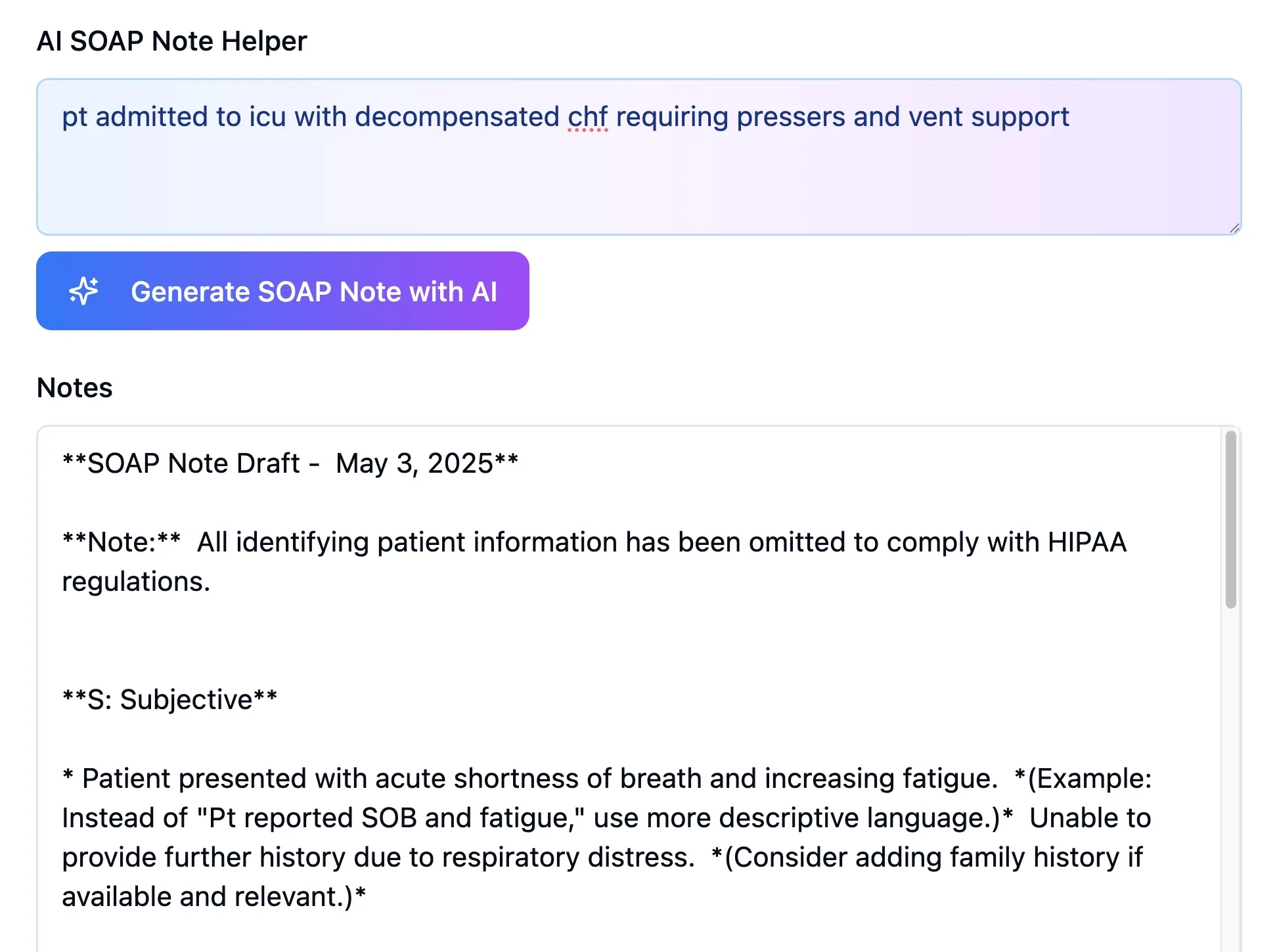
AI for Educators
Our AI-powered assistant automatically reviews student clinical notes, identifying potential errors, assessing completeness, and providing a preliminary quality grade. Empower your feedback and remediation process with a clear first pass, allowing you to focus on nuanced guidance and individual student needs.
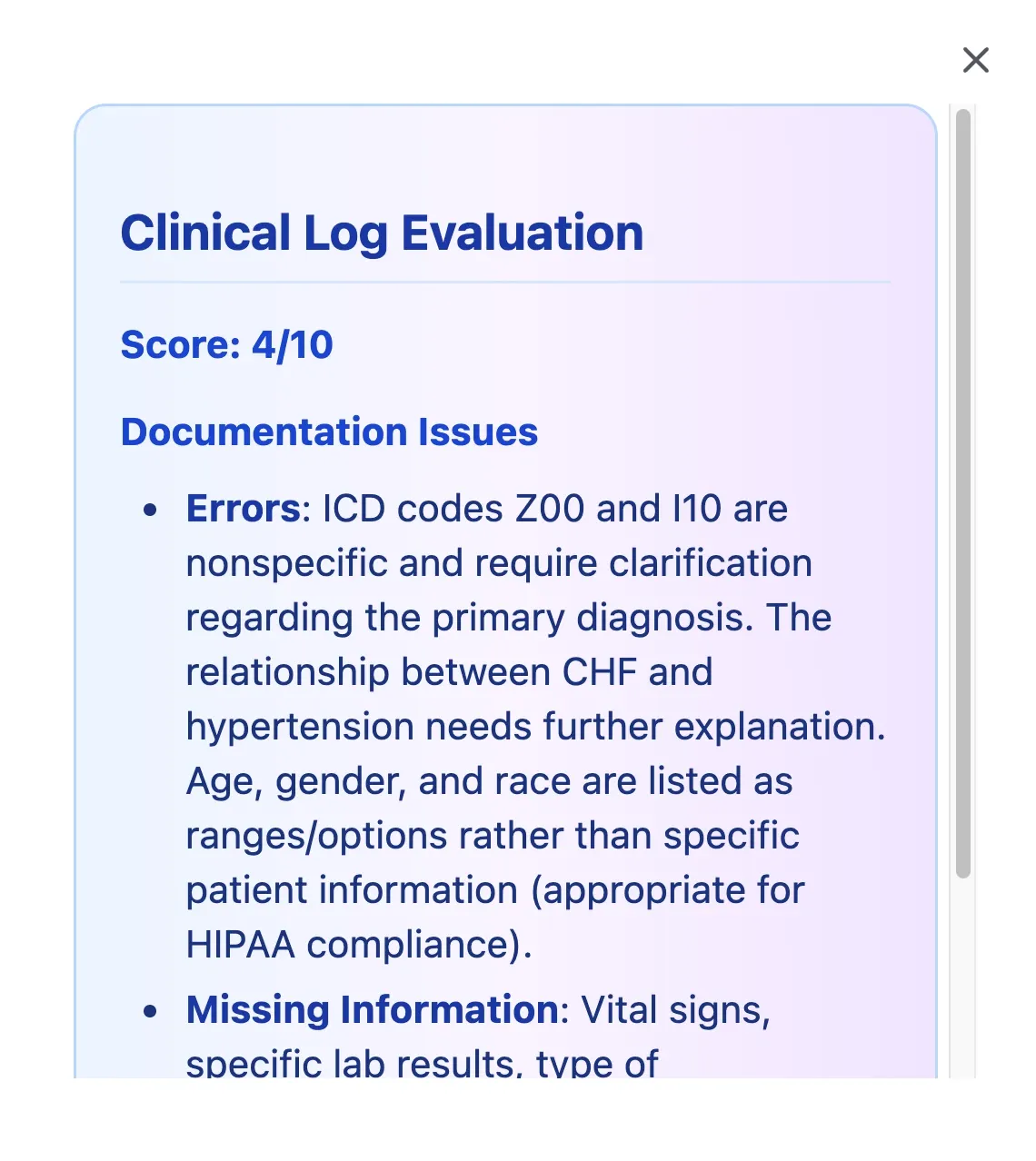
Conclusion
Clinical tracking systems are transforming nursing education by providing real-time data, advanced analytics, and improved compliance support. These tools are essential for enhancing student learning experiences and ensuring the quality and effectiveness of nursing programs. Investing in a robust clinical tracking system like HealthTasks can lead to better outcomes for both students and educational institutions.
